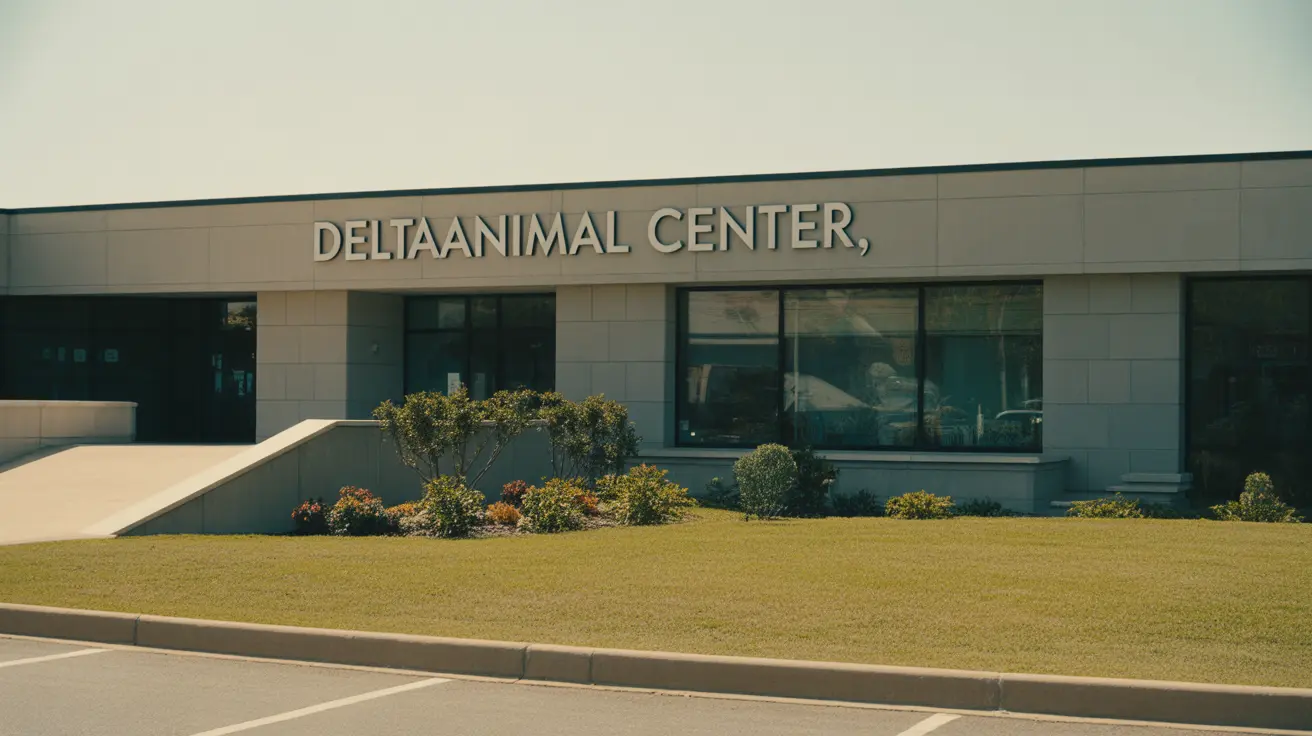The Healthiest Vegetable for Dogs: Why Carrots Are a Top Choice
Feeding your dog healthy vegetables is a wonderful way to supplement their regular diet and support their overall wellness. While many vegetables are safe and nutritious for dogs, carrots often top the list as the healthiest option. They are crunchy, affordable, and packed with essential nutrients, making them a favorite among pet owners and veterinarians alike.
Why Carrots Are the Best Vegetable for Dogs
Carrots provide dogs with a wide range of health benefits and are easy to incorporate into their diets. Whether served raw, steamed, or frozen, carrots offer numerous nutritional advantages:
- Rich in Vitamin A: Carrots are loaded with beta-carotene, which converts into vitamin A in your dog’s body. Vitamin A plays a crucial role in maintaining healthy vision, skin, and immune function.
- Low in Calories: For overweight or sedentary dogs, carrots make an excellent low-calorie snack.
- High in Fiber: The fiber in carrots supports healthy digestion and can help regulate bowel movements.
- Natural Tooth Cleaner: Crunchy raw carrots can act like a mild toothbrush, reducing plaque buildup as your dog chews.
- Antioxidant Properties: Beta-carotene and other antioxidants help fight oxidative stress, reducing the risk of chronic disease.
How to Serve Carrots to Your Dog
There are several dog-friendly ways to add carrots to your pet's meals or treats:
- Raw: Serve carrot sticks or baby carrots as a crunchy snack.
- Cooked: Steam or boil carrots to make them easier to digest, especially for older dogs.
- Frozen: Freeze carrot pieces for a refreshing chew, perfect during hot weather or for teething puppies.
- Pureed: Blend carrots and add them to your dog’s usual food.
Other Healthy Vegetables for Dogs
While carrots may be the most popular and versatile, other vegetables can also be beneficial when fed in moderation:
- Green Beans: Low in calories and high in fiber, great for weight control.
- Broccoli: Contains vitamins C and K but should be given in small amounts to avoid gas.
- Sweet Potatoes: Provide complex carbohydrates and are rich in antioxidants and potassium.
- Spinach: Packed with iron, antioxidants, and vitamins, but feed in limited quantities due to oxalates.
Vegetables Dogs Should Avoid
Not all vegetables are safe for dogs. Avoid giving your dog the following:
- Onions and Garlic: These can be toxic to dogs and damage red blood cells.
- Mushrooms: While store-bought mushrooms may be safe, wild varieties are extremely dangerous.
- Avocados: Contain persin, which can cause vomiting or diarrhea in dogs.
- Rhubarb: Contains oxalates that negatively affect a dog’s nervous system and kidneys.
Moderation Is Key
Even the healthiest vegetables, like carrots, should be fed in moderation. Too much fiber or vitamin A can cause digestive issues or toxicity. Always introduce new foods slowly and monitor your dog’s reaction.
Benefits of a Balanced Diet with Vegetables
Adding safe vegetables like carrots to your dog’s diet can provide variety and essential nutrients. Benefits include:
- Improved metabolic health
- Weight management
- Better immune function
- Healthy coat and skin
- Dental benefits from chewing raw veggies
Your veterinarian can guide the right mix based on your dog’s size, breed, diet, and health conditions.
Conclusion
Carrots stand out as the healthiest vegetable for dogs, offering a blend of nutrients, crunch, and convenience. By including them in your dog’s meal plan, you can support their health in a simple, budget-friendly way. Always consult with a vet before making significant dietary changes to ensure your pup receives the best care tailored to their unique needs.





